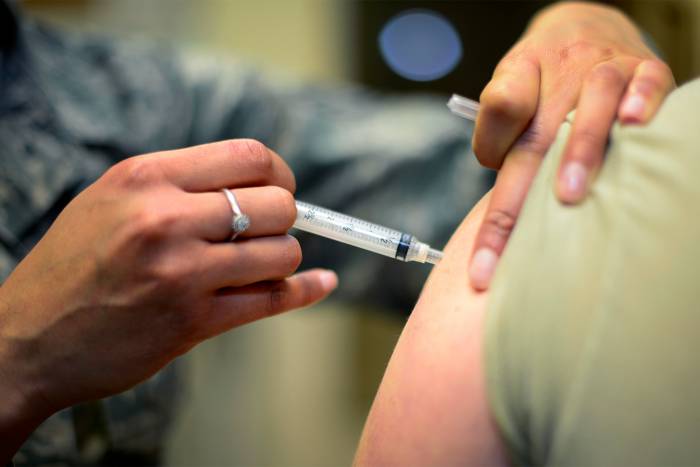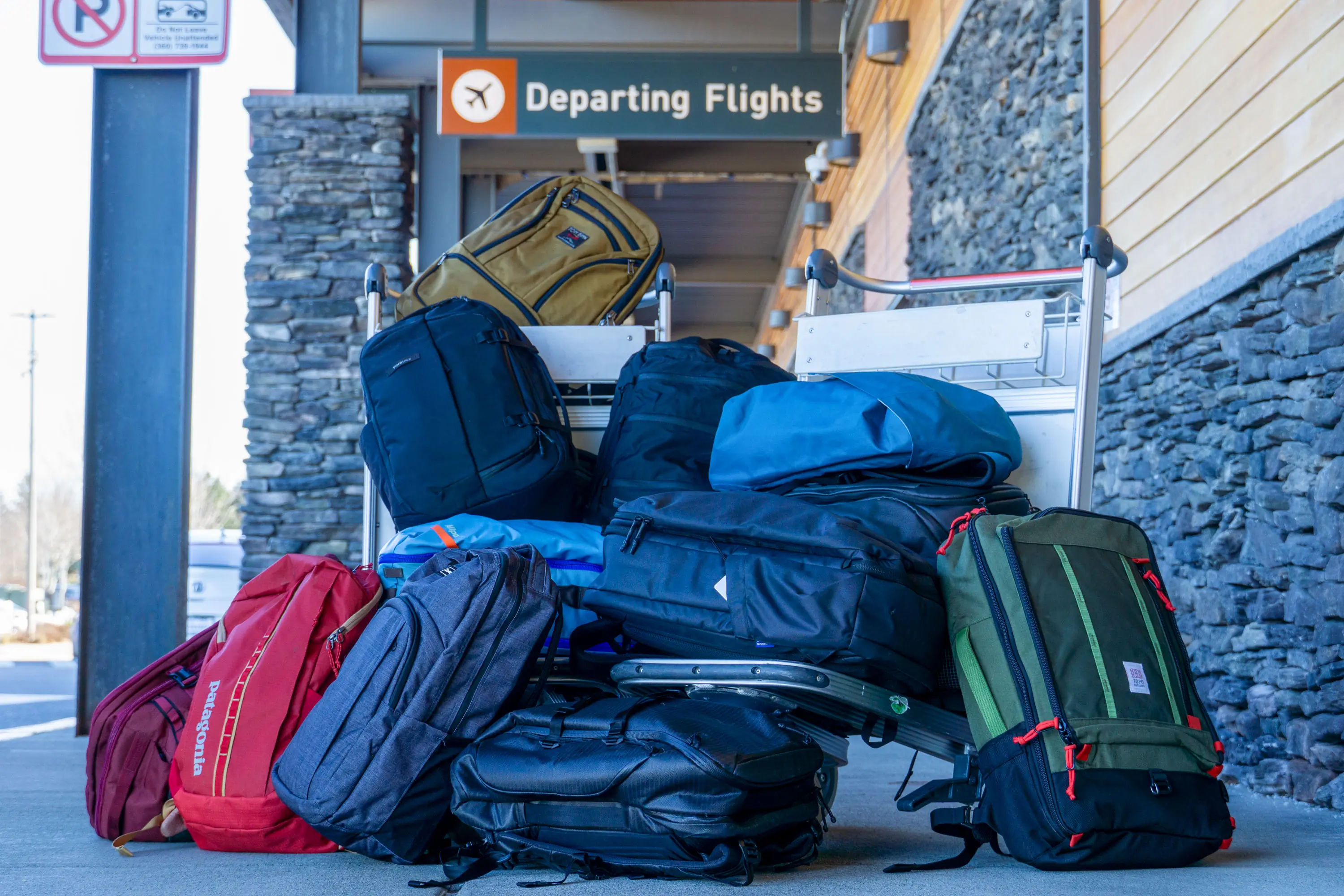Got the travel bug? Get your vaccinations up to date before you go and avoid trip-ruining illness.
With the spring thaw comes a flood of wanderlust. If your Instagram feed is inspiring travel to countries outside North America and Europe, it’s a good idea to check and see what vaccinations might be suggested before you go.
Vaccination: What It Is
Vaccinating is a way to build up the body’s immune system to diseases before they can do harm. We get vaccinated as children to help build up immunity to diseases like polio, smallpox, and the mumps.
An immunized community builds up a “herd immunity” to infectious diseases, eradicating threats of serious illness.
But traveling abroad exposes the body to new diseases. Malaria, typhoid, cholera, yellow fever – while these diseases remain uncommon in developed countries, they can be common in developing countries and pose very real health threats.
When traveling abroad, it’s important to get vaccinated to protect the body from new threats.
Know Regional Health Concerns Before You Go
It is important to understand the regional health threats from diseases before you travel. A good first stop is checking in with the CDC.
The CDC has a link specifically for travelers where you can look up where you’re going, evaluate any specific demographic needs (e.g., pregnant women, immune-compromised, children, chronic diseases), and get the latest health alerts.
The search will identify any required vaccinations (yellow fever for those traveling to Africa) as well as recommended travel vaccinations (e.g., hepatitis A, typhoid).
How To Avoid Sickness Abroad
Make an appointment with your primary care physician before you go. Together, you can work as a team to review your travel itinerary, discuss prescriptions, and get immunized before you go.
While traveling, the CDC recommends travelers:
- Stay up to date on routine vaccinations, including your yearly flu shot. Some diseases eradicated in the U.S. by vaccines are still prevalent in other countries.
- Drink purified water and eat well-cooked food. Travelers can get hepatitis A through contaminated food or water.
- Stay away from animals. Rabies can be found in dogs, bats, and other mammals.
- Avoid sharing body fluids. Hepatitis B can be transmitted this way.
- Prevent insect bites. Insects can transmit malaria.
- Wash hands. This can reduce exposure to cholera and traveler’s diarrhea.
What To Do If Encountered
In the spirit of “an ounce of prevention,” the CDC recommends you make a “what if” plan before you get sick.
- Look up local doctors in the region you’ll be traveling to.
- Review your insurance plan to see what coverage you might have abroad. Consider getting travel health insurance and, for the extreme outback, medical evacuation insurance.
- Carry a medical card that identifies (in the local language) your blood type, any medications you take, and any allergies you might have.
- Make sure any prescription drugs you might be carrying are legal in the country you are traveling to.
International Disease: Worst-Case Scenario
Getting sick can put a damper on any vacation. Getting a disease can be a matter of life and death. Do yourself a favor and get vaccinated.








